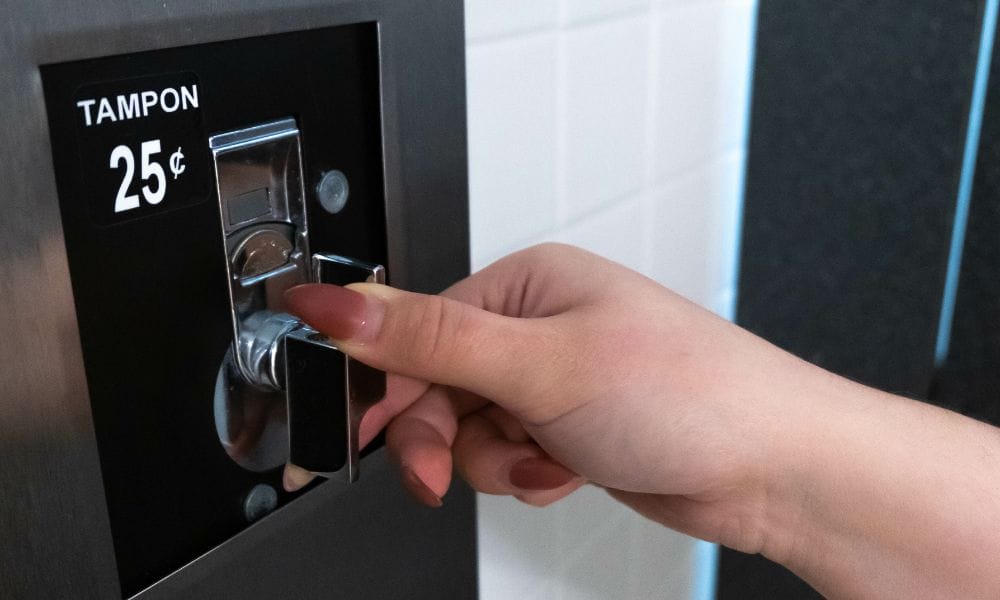In an era where health care is at the forefront of societal concerns, one aspect remains critically important yet often overlooked—providing better support for women in hospitals. As health-care professionals, we must protect the health and well-being of every patient who walks through our doors. Yet, communication gaps, unconscious biases, a lack of inclusivity and access, and many other problems persist within health care today. Read on to explore how your hospital can better support women.
Awareness
Women often encounter unique hurdles that go under-acknowledged—these range from gender bias and discrimination to disparities in health outcomes and mental health burdens. By shining a light on these issues, we can begin to break down the biases that contribute to these problems. Awareness can lead to policy changes, improved training for health-care professionals, and a shift in societal attitudes toward women’s health.
It can also drive the development of support systems for female health-care workers, encourage inclusive clinical trials, and ensure women’s health issues receive the attention they deserve. As a medical professional, do your part by advocating for better awareness in health-care spaces.
Communication
It’s an unfortunate truth that health-care professionals are historically dismissive of women’s health concerns, often downplaying their symptoms or attributing them to emotional stress. This massive communication gap between medical providers and vulnerable patients puts countless lives at risk. Moreover, women’s health issues—particularly those related to reproductive and sexual health—are stigmatized in many societies, which creates another barrier to open and effective communication.
This underscores the need for health-care professionals to improve their communication skills, especially about women’s health issues. By doing so, we can ensure that all patients feel heard, understood, and respected.
Increased Accessibility
Accessibility is pivotal in women’s health care and includes physical, financial, and informational aspects. Physical accessibility can be a major barrier, especially for women living in remote or underserved areas where health-care facilities may be scarce or difficult to reach. And despite advancements in health care, many women across the globe are still deterred from seeking medical help due to financial burdens.
Finally, many women need help accessing proper medical information when seeking health-care services, including information on medical conditions, treatment options, preventative measures, and patient rights. Solutions for these complex issues aren’t simple, but they do exist and are possible for practices of any size! For example, advocating for superior insurance coverage and providing telemedicine services can address many physical, financial, and informational barriers that impact women. Even simple practices like embracing menstrual equity and providing free period products in your commercial bathrooms improve accessibility for your staff and patients.
Understanding how your hospital can better support women is a multifaceted challenge that requires ongoing commitment and action. By raising awareness, improving communication, and increasing accessibility, we can make significant strides toward a more equitable health-care system.








